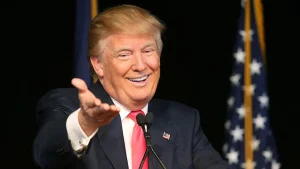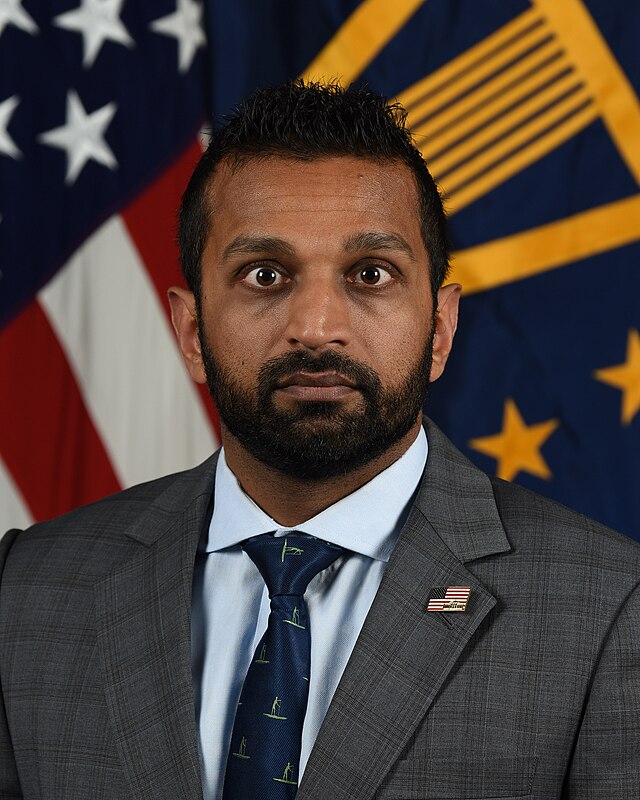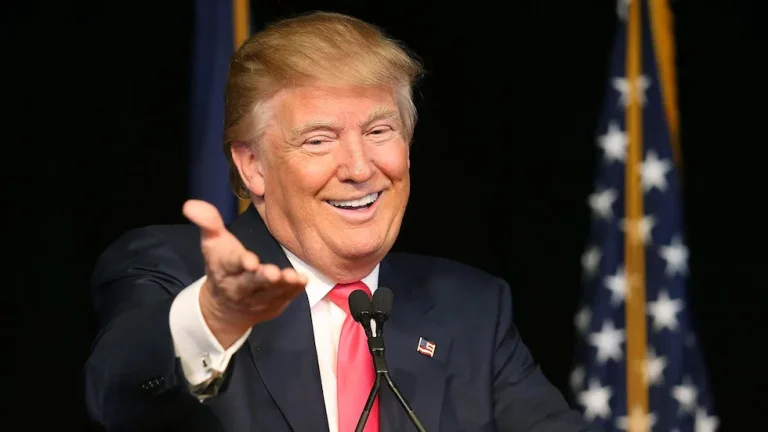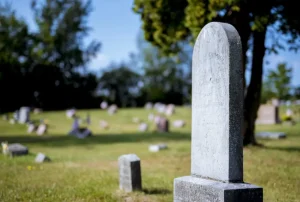FBI Director Kash Patel announced Tuesday that federal and local law enforcement made 23 arrests during the first night of President Donald Trump’s newly launched federal initiative to address crime in Washington, D.C. The sweeping operation, which Patel described as just the beginning, is part of the administration’s stated mission to “make D.C. safe again.”
Patel’s announcement came via a post on X, where he detailed the first set of arrests: suspects facing charges for prior murder, unlawful possession of firearms, multiple outstanding warrants for driving under the influence, and violation of restraining orders.
“These are just a few examples — we are just getting started,” Patel wrote. “When you let good cops be cops they can clean up our streets and do it fast. More to come. Your nation’s Capital WILL be safe again.”
The announcement followed President Trump’s declaration of “Liberation Day” in Washington, D.C., where he invoked Section 740 of the District of Columbia Home Rule Act to place the Metropolitan Police Department (MPD) under federal control. The move also mobilized the National Guard to assist in security and logistics operations.
Trump announced the unprecedented decision Monday at the White House, saying, “This is Liberation Day in D.C., and we’re going to take our capital back. I’m officially invoking Section 740 of the District of Columbia Home Rule Act and placing the D.C. Metropolitan Police Department under direct federal control.”
Under the plan, roughly 800 National Guard troops will be deployed for the next 30 days to support MPD operations, transport detainees, guard law enforcement facilities, and assist with crowd control in high-crime areas. Attorney General Pam Bondi will oversee MPD during the federalization period.
The FBI is one of several federal agencies working alongside the National Guard and MPD as part of this effort. Officials say the joint mission aims to increase law enforcement presence in neighborhoods with high crime rates, execute outstanding warrants, and enhance public safety coordination across multiple jurisdictions.
The operation has received pushback from some local leaders and critics who argue that federalizing the police is unnecessary. They point to city statistics showing a drop in crime over the past year. However, law enforcement insiders have questioned the accuracy of those figures, citing recent allegations that crime data was manipulated. Last month, a D.C. police commander was suspended after accusing MPD Chief Pamela Smith and other senior officials of altering crime statistics.
The idea of federalizing the D.C. police department was first floated by Trump during his 2024 presidential campaign, in response to concerns over rising crime and public safety. Those concerns resurfaced earlier this month after a Department of Government Efficiency staffer was assaulted by several juveniles in broad daylight. Trump pointed to that incident as proof that the city’s crime problem demanded urgent intervention.
Supporters of the federalization effort argue that a concentrated, well-resourced operation can deliver quick and decisive results. They see the first night’s 23 arrests as proof that coordinated law enforcement action works when agencies are empowered to act without bureaucratic delays.
Opponents warn that the move undermines local control and sets a dangerous precedent. They question whether the temporary takeover will lead to long-term improvements or simply be a short-lived political statement.
For now, the administration has pledged to provide daily updates on the operation’s progress. Patel’s early report signals that more arrests and heightened enforcement measures are likely in the coming days.
As the situation develops, Washington, D.C., finds itself at the center of a high-profile
national debate over public safety, federal authority, and the balance of power between local governance and presidential oversight. Whether the operation is viewed as a bold, necessary step or a political overreach will depend on its results — and the public’s perception of those results.

James Jenkins is a celebrated Pulitzer Prize-winning author whose work has reshaped the way readers think about social justice and human rights in America. Raised in Atlanta, Georgia, James grew up in a community that instilled in him both resilience and a strong sense of responsibility toward others. After studying political science and creative writing at Howard University, he worked as a journalist covering civil rights issues before dedicating himself fully to fiction. His novels are known for their sharp, empathetic portraits of marginalized communities and for weaving personal stories with broader political realities. Jenkins’s breakout novel, Shadows of Freedom, won national acclaim for its unflinching look at systemic inequality, while his more recent works explore themes of identity, resilience, and the fight for dignity in the face of oppression. Beyond his novels, James is an active public speaker, lecturing at universities and participating in nonprofit initiatives that support literacy and community empowerment. He believes that storytelling is a way to preserve history and inspire change. When not writing, James enjoys jazz music, mentoring young writers, and traveling with his family to explore cultures and stories around the world.









